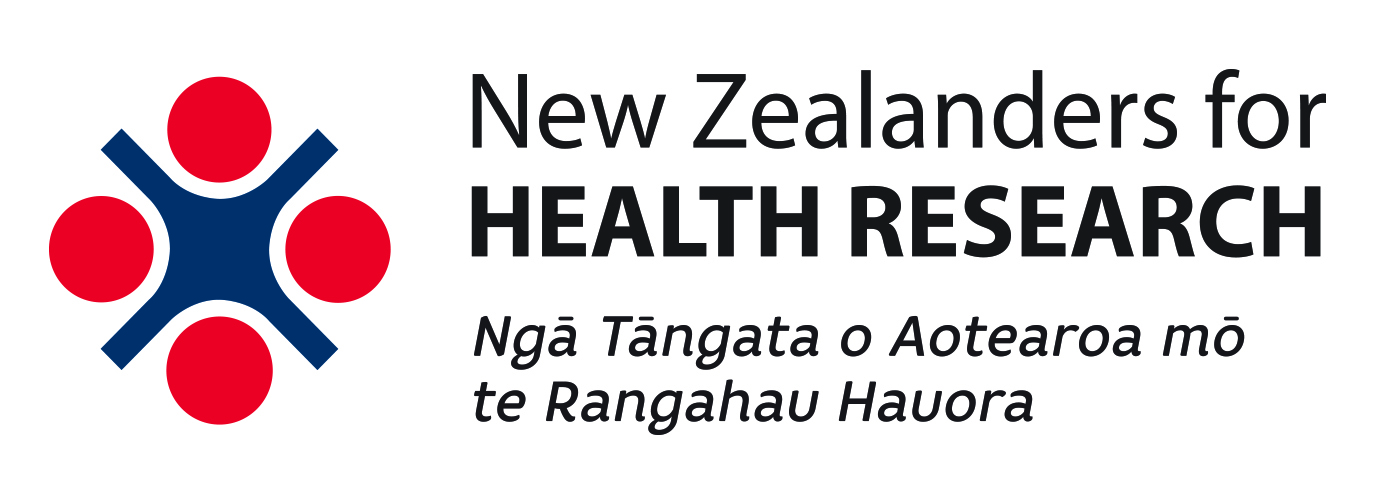News
What does blood type have to do with infection risk?
People with the blood type O could be more susceptible to streptococcal infections than those with other blood types, Australian researchers say. Studies on Group A Streptococcus (GAS) shows that the sugar molecules on type O blood may create a ‘bridge’ for colonisation, say infectious disease scientists at the Illawarra Health and Medical Research Institute.…
Read MoreStudy shows how early administration of old drug reduces damage during heart attack
Scientists at the Centro Nacional de Investigaciones Cardiovasculares Carlos III (CNIC) have discovered a new mechanism of action of metoprolol, a drug that can reduce the damage produced during a heart attack if administered early. The team led by Dr. Borja Ibáñez, Clinical Research Director at the CNIC and cardiologist at the Fundación Jiménez Díaz…
Read MorePet bacteria picked up by humans could be increasing resistance to antibiotics
Pet bacteria picked up by humans could be increasing resistance to an assortment of antibiotics, according to a Massey University research team who are currently examining humans’ close connection with animals. The findings from the research could be a breakthrough in the global quest to future proof world health as international experts describe the threat of…
Read MoreIs Australia ready for an infectious disease emergency?
Australia cannot be complacent about a potential infectious disease emergency, say public health experts. While Australia is well placed to respond to such an emergency, many logistical challenges remain, say specialists in a commentary article published in the Medical Journal of Australia. And co-author Professor Sharon Lewin from the Peter Doherty Institute for Infection and Immunity…
Read MoreApple has a secret team working on the holy grail for treating diabetes
Apple (AAPL) has hired a small team of biomedical engineers to work at a nondescript office in Palo Alto, miles from corporate headquarters. They are part of a super secret initiative, initially envisioned by the late Apple co-founder Steve Jobs, to develop sensors that can non-invasively and continuously monitor blood sugar levels to better treat…
Read MoreA life entwined: Identical twins from one to 100
Identical twins are a source of fascination to many people and account for around 1 in 500 births in Australia. As we delve into the lives of three sets of identical twins, we discover one common thread — their bond for each other. Preston and Nash It was at a friend’s baby shower when Mount…
Read MoreGene silencing shows promise for treating two fatal neurological disorders
In two studies of mice, researchers showed that a drug, engineered to combat the gene that causes spinocerebellar ataxia type 2 (SCA2), might also be used to treat amyotrophic lateral sclerosis (ALS). Both studies were published in the journal Nature with funding from National Institute of Neurological Disorders and Stroke (NINDS), part of the National…
Read MoreText Message Donations Breaking Ground for Australian Charities
An 18-month-long national telco pilot project trialing text messaging for charity fundraising has seen some “great successes” and some “total flops”, according to the Telco Together Foundation which is planning to extend the trial through 2017. The Text Giving pilot will now run until October 2017 with the foundation looking for five more large charities…
Read MoreHRC grant to research bone regeneration
Dr Leandro Bolzoni from the University of Waikato’s School of Engineering has been awarded a Health Research Council explorer grant worth $150,000 to research bone regeneration using alternative synthetic materials for joint replacements. The project entitled “Towards bone regeneration by developing electroactive hybrid materials” has been created in response to the growing increase demand for…
Read MoreBuilding healthy minds on a mass scale
AN Australian state is taking the use of positive psychology techniques to the next level by formulating a system-wide approach that can be used across an entire state or nation. South Australia is running large-scale programs to improve people’s psychological health at all stages of life, from school students to workers and the elderly. Read more
Read More
